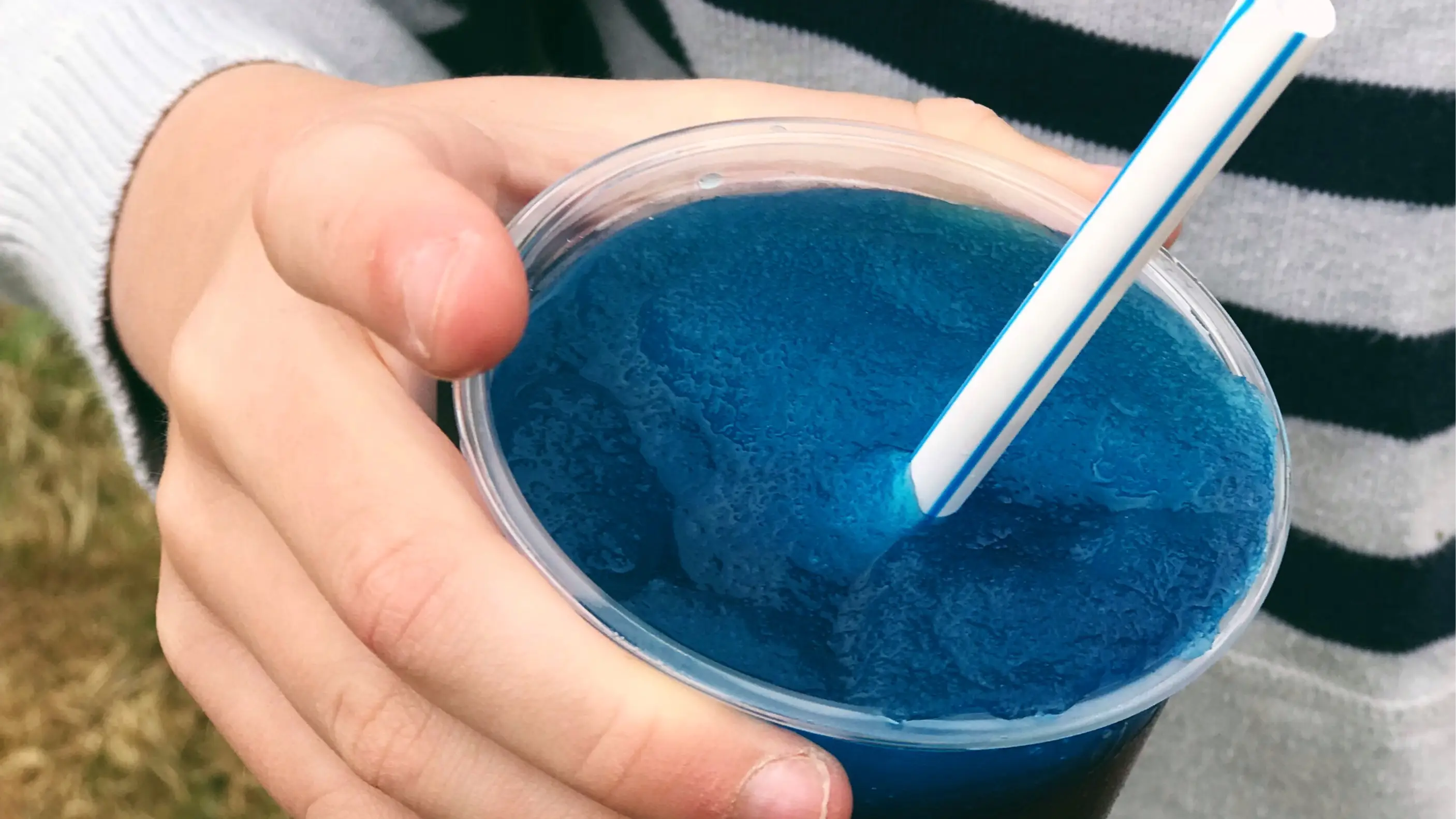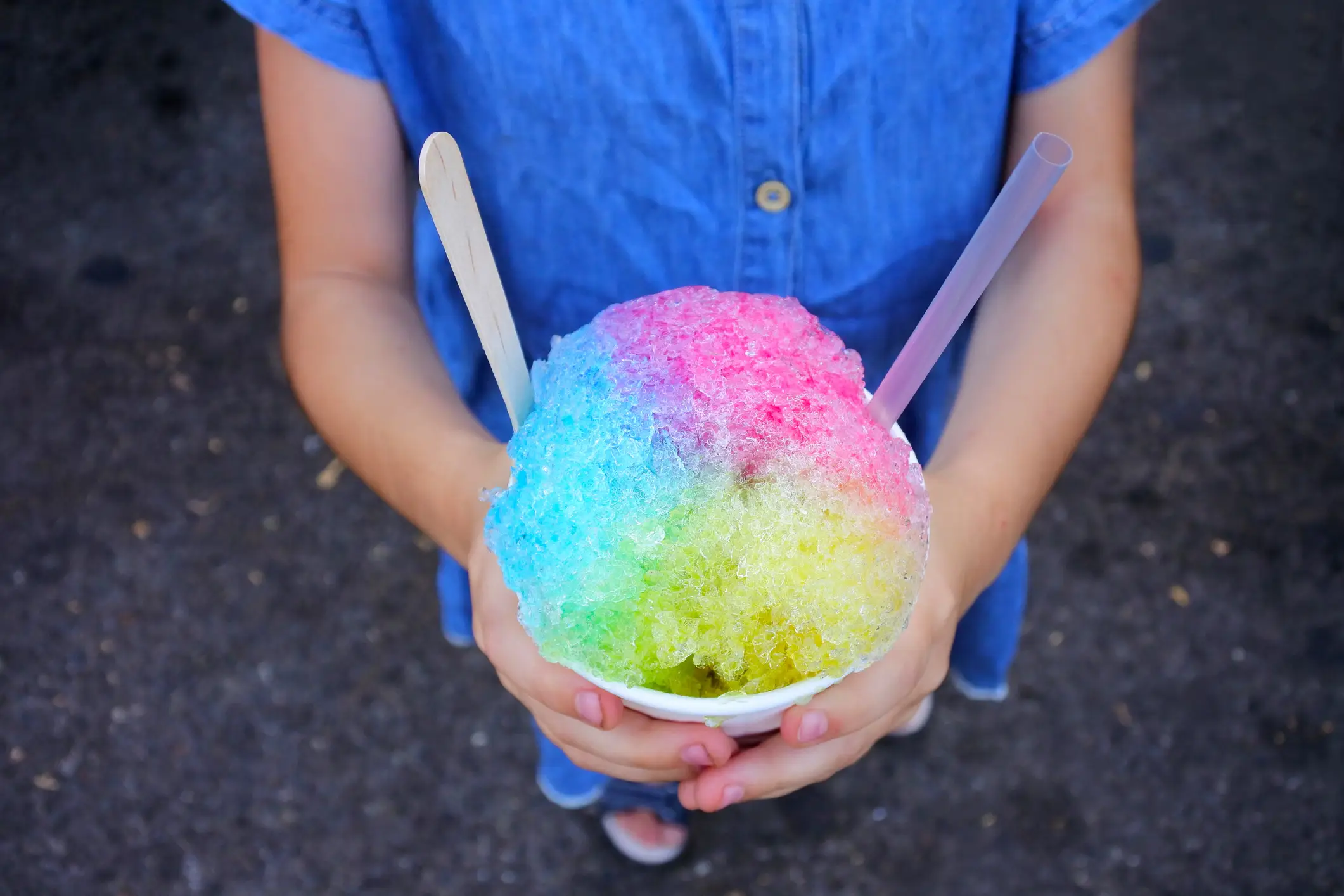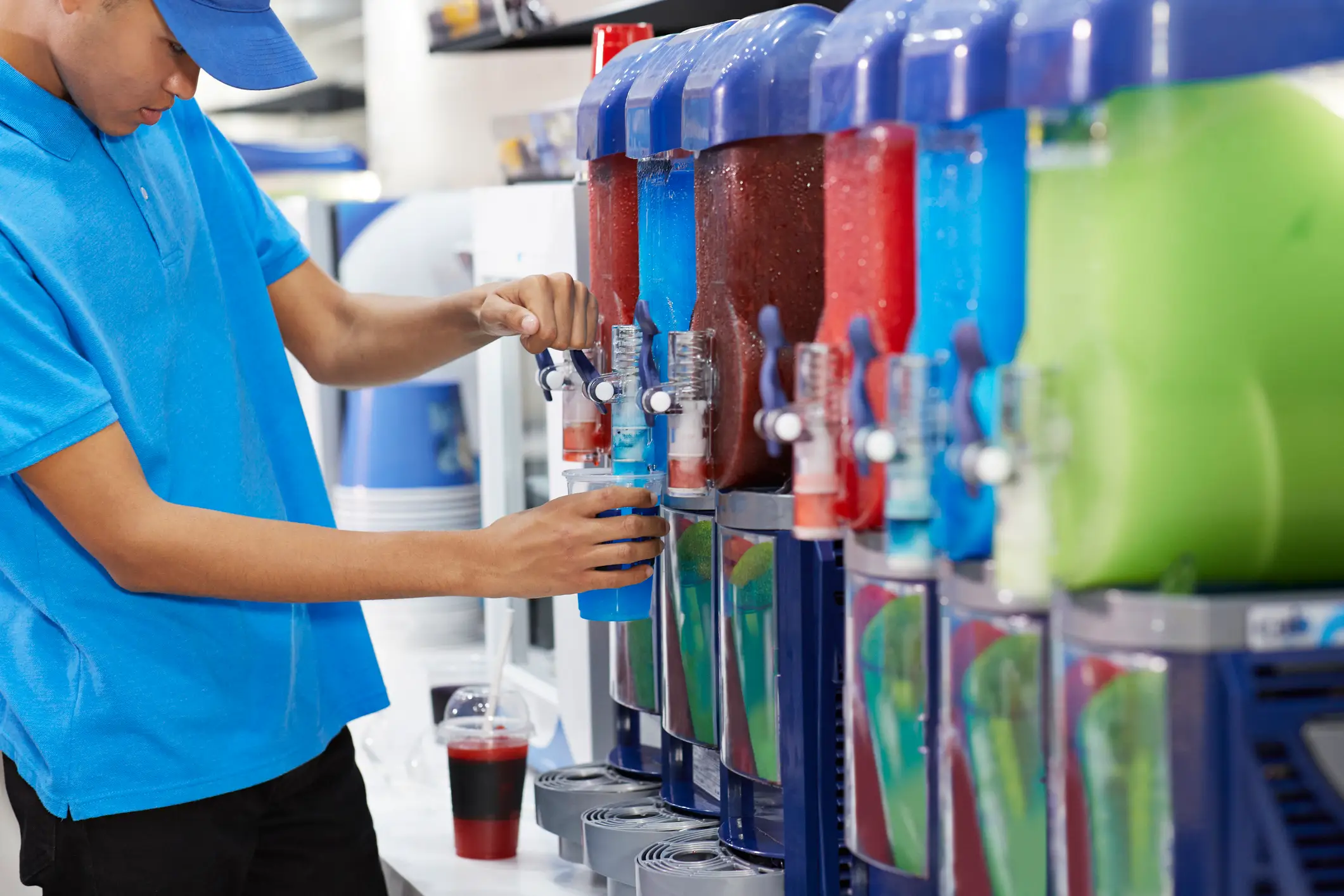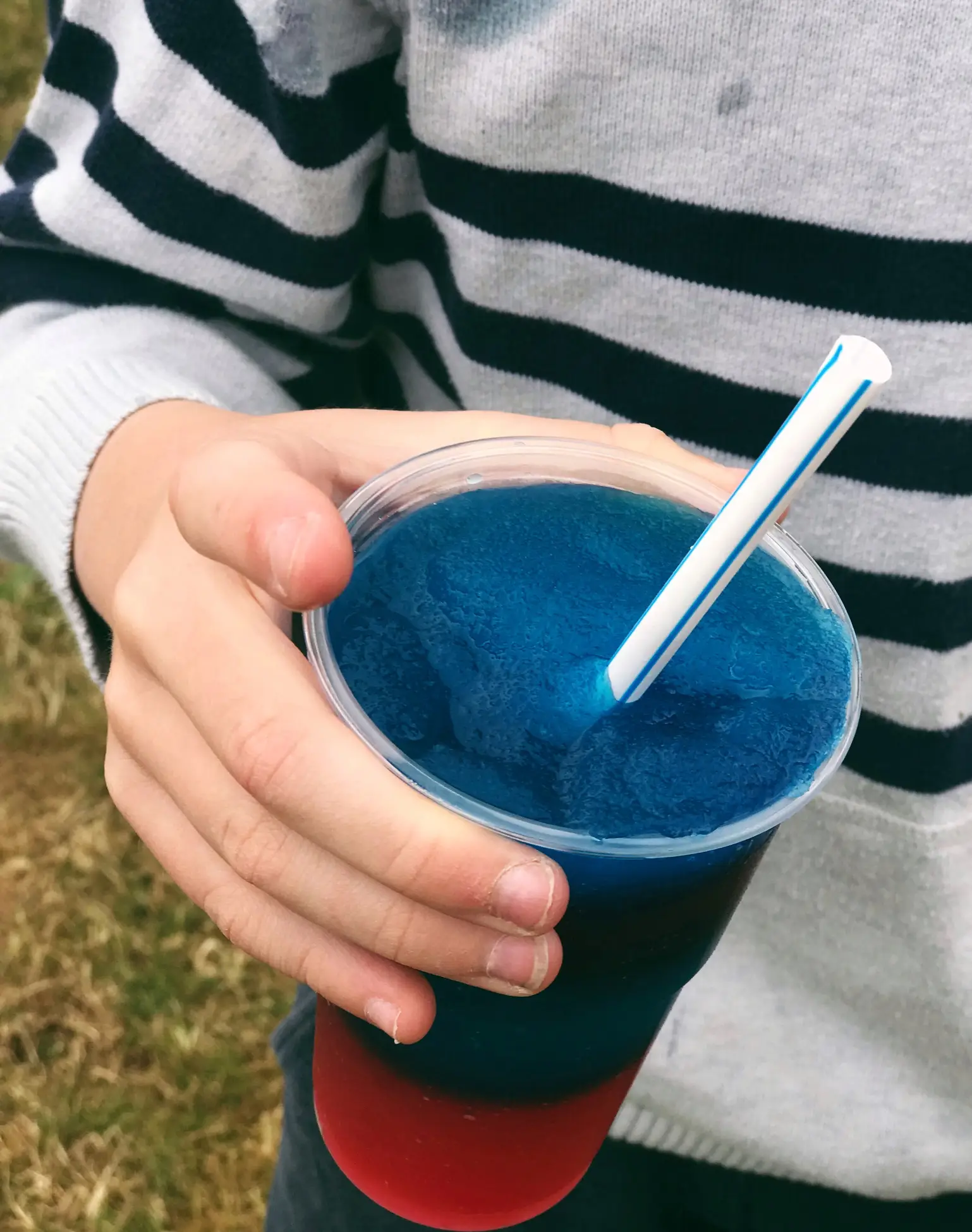As the weather heats up, I'm sure many kids are keen on running to the shop and getting their hands on an ice cold snack to keep them cool.
And, rubbing shoulders with the likes of ice creams, ice lollies and ice-cold fizzy drinks, it's clear that 'slushies' are high up on the go-to list when it comes to summer treats.
However, they don't come without their dangers as parents have just been issued an urgent warning advising them not to let their little ones slurp on the beloved beverage following multiple hospitalisations.
Back in 2023, Beth Green's four-year-old son Albie became 'tired and agitated' within minutes of downing a slushy drink in Warwickshire.
Beth rushed him to A&E, where he had to be resuscitated and doctors said he almost died.
In 2024, Victoria Anderson's three-year-old son Angus went 'limp and stone cold' after drinking a raspberry-flavoured slushy in Port Glasgow, Inverclyde.
The tot was unconscious for two hours and the mum was 'scared he would die'.
Just today (17 July), the Food Standards Agency (FSA) has launched a new campaign outlining the health risks linked to giving children under the age of seven slush ice drinks or 'slushies' containing glycerol.
Parents have been issued with an urgent warning over letting their children have 'slushie' drinks (Rafael Ben-Ari / Getty Images) Additionally, the FSA advises that children aged between seven to 10 should have no more than one 350ml 'slushie' drink per day, which is roughly the size of a fizzy drink can.
The public awareness campaign, which has been timed to coincide with the seasonal spike in slush ice drink sales at children's indoor play areas, leisure facilities and outdoor events, sees retailers also being asked to support such advice by not offering free refills to children aged under 10.
Equally, the manufacturers of slush ice drink concentrates have also been reminded to use only the minimum amount of glycerol necessary to achieve the frozen effect.
FSA Chief Scientific Advisor, Professor Robin May, explains: "As we head into the summer holidays, we want parents to be aware of the potential risks associated with slush ice drinks containing glycerol.
The Food Safety Agency's campaign has been timed to coincide with the seasonal spike in slush ice drink sales (Klaus Vedfelt / Getty Images) "While these drinks may seem harmless and side effects are generally mild, they can, especially when consumed in large quantities over a short time, pose serious health risks to young children.
"That’s why we’re recommending that children under seven should not consume these drinks at all, and children aged 7 to 10 should have no more than one 350ml serving."
May added that the FSA was 'working closely' with industry to ensure appropriate warnings are in place wherever these drinks are sold.
"But in the meantime," he added, "we are asking parents and carers to take extra care when buying drinks for young children, particularly during warmer months when consumption of 'slushies' typically increases."
In some severe health cases, children have suffered with glycerol intoxication (Sally Anscombe / Getty Images) What is glycerol intoxication?
The FSA explains that, at very high levels of exposure, typically when several servings of these products are consumed by a child in a short space of time, glycerol can cause shock, very low blood sugar levels and loss of consciousness.
In the last three years alone, there have been nine confirmed cases of glycerol intoxication in young children which required hospital treatment in the UK.
"Parents should ask sellers whether drinks contain glycerol and review product labels or signage at point of sale," the FSA advises, suggesting consumers avoid products if they're unsure about ingredients and seek medical advice if a child develops symptoms.
The same advice also applies to ready-to-drink slush ice drinks with glycerol in pouches and home kits containing glycerol slush concentrates.
"The FSA's updated guidance is based on the latest scientific evidence and is designed to help families make informed choices and keep children safe," the press release concludes.

 Rhiannon Ingle
Rhiannon Ingle

